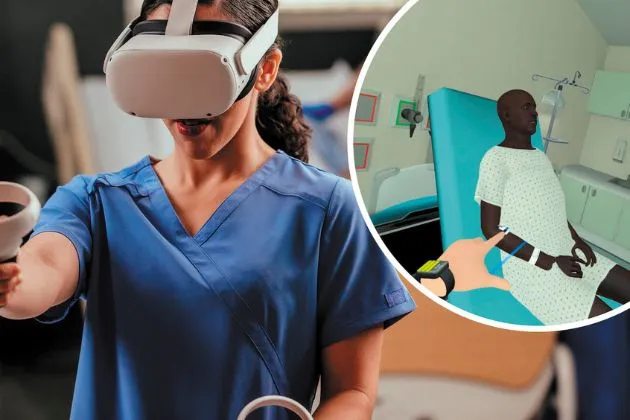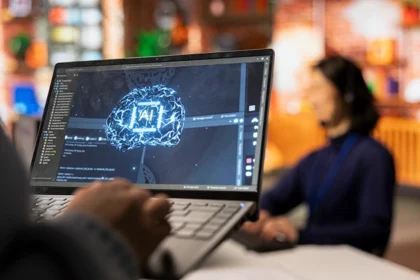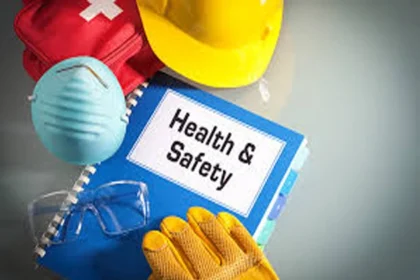Virtual Reality in healthcare has emerged as a phenomenon that is contributing not only to patient services but also to healthcare education. As per statistics, the market of virtual reality in the healthcare industry is projected to experience a dramatic growth of $4.64 million in North America and 2,893 million in Europe by 2025. These statistics exhibit the rapid adoption of virtual technology by the healthcare sector for multiple purposes. From physician training to hospital management, the healthcare industry is embracing this technology for the better.
Let us have a detailed insight into the scenario and growth of this technology in healthcare education through this article.
What is Virtual Reality (VR)?
Virtual reality is a simulated three-dimensional technology that creates an environment close to reality so users have a virtual surrounding to explore and interact as perceived by their senses. Computer hardware and software create such an environment using immersive VR technology to help the user move through an artificial landscape that approximates reality. This technology offers realistic sensory engagement, evolving as a promising technology across various industries.
Virtual Reality in Healthcare Education
In the rising development of digital education, virtual reality has made its way to academic learning across industries, and healthcare is no exception. Digital education encompasses various mediums to teach using technology, such as VR, mobile learning, gamification, and digital skill trainers to empower medical students. Within the domain of healthcare education, VR technology has varied applications, and the development of competencies is one of the most common applications of this technology in this field.
VR is applied in developing healthcare competencies like surgical skills and visualizing anatomy. In healthcare education, healthcare professionals are empowered with advanced surgical technique training, training for procedures, and the development of visualization skills using this immersive technology. VR mimics patients using avatars in a virtual realm that allows users to interact with them. In this way, VR teaches soft skills like communication and empathy to healthcare providers.
Uses of VR in Healthcare Education
Anatomy Learning: VR is used in anatomy learning by allowing them to explore 3D models of muscles, bones, organs, blood vessels, and tissues. This enables them to have a profound knowledge of human anatomy through visual learning.
Medical Training: By using virtual reality, medical procedures are simulated to train nurses, surgeons, doctors, and other healthcare professionals.
Development of Soft Skills: Through VR, soft skills like empathy and communication are developed among healthcare students as they communicate with avatars of patients in a virtual world.
Exemplary Cases of VR Application in Healthcare Education
Advanced Medical Training
Remote trainings are conducted for medical students using VR, which is better than in-person training in some cases. In order to treat rare conditions, preemptive learning and diagnostic training are offered through VR applications. It also fosters cost-free and unlimited training sessions for healthcare students.
Surgery and emergencies
Virtual reality is widely used in surgical training by exposing students to novel virtual scenarios concerning several surgeries. It also improves the decision-making skills of students in emergencies.
Patient Education
Apart from medical students’ education, VR technology is comprehensively used to empower patients to understand their medical conditions. The VR simulations help patients in knowing about potential pains and discomforts associated with a medical condition. Empathy is infused in patient-doctor communication by exposing students to empathy-development scenarios.
Virtual Reality is a cornerstone of transforming healthcare education to offer innovative solutions for training, medical treatment, and other medical procedures. As VR continues to evolve in this domain, the future of this technology in healthcare education is promising and revolutionary.











